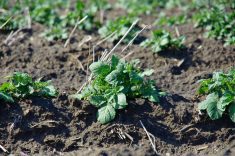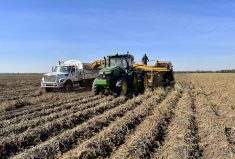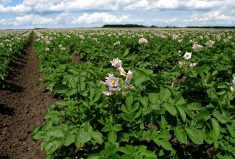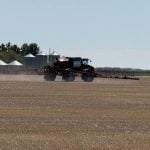McDonald’s Canada and McCain Foods Limited have announced the Future of Potato Farming Fund, a joint initiative that will offer $1 million to support the implementation of regenerative agricultural practices and technology by Canadian potato growers.
The fund will be open to more than 130 farmers with more than 76,000 acres of potato farmland, and provide two rounds of grants, with the first opening this month.
The fund’s goals are to build soil health and farm resilience as Canadian potato farmers face the escalating impacts of climate change on yields; and to enhance crop quality, the companies said in a joint release.
Read Also
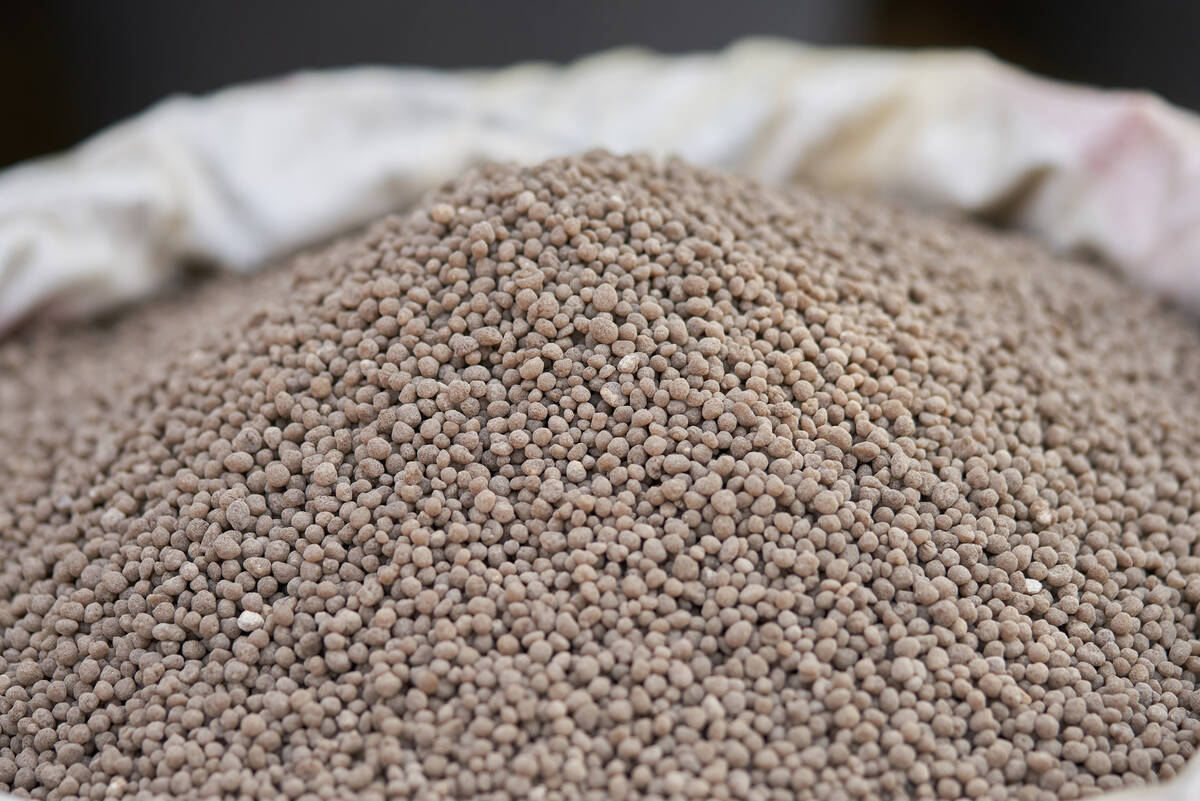
Canola sees no yield drop in seed-placed phosphorus trial
Saskatchewan trials found seed-placed phosphorus in canola rarely reduced yield but often reduced plant stands, shifting risk to crop establishment.
“McDonald’s Canada and McCain Foods have a long-standing relationship with potato growers across Canada and are working together to help advance agricultural practices and support the next generation of Canadian farmers,” said Gemma Pryor, McDonald’s senior director, Canada Impact Team.
“Climate change continues to impact the crop and our potato-growing communities. To address this, McCain has pledged to implement regenerative agricultural practices across 100 per cent of its potato acreage by 2030,” said Jeremy Carter, McCain’s director of agriculture for Western Canada.
“Through our shared vision with McDonald’s Canada, we are focused on supporting our growers in accelerating the transition to the key principles of regenerative agriculture like maintaining living cover, reducing tillage intensity, diversifying rotations, reducing the intensity of chemical applications and enhancing biodiversity.”





